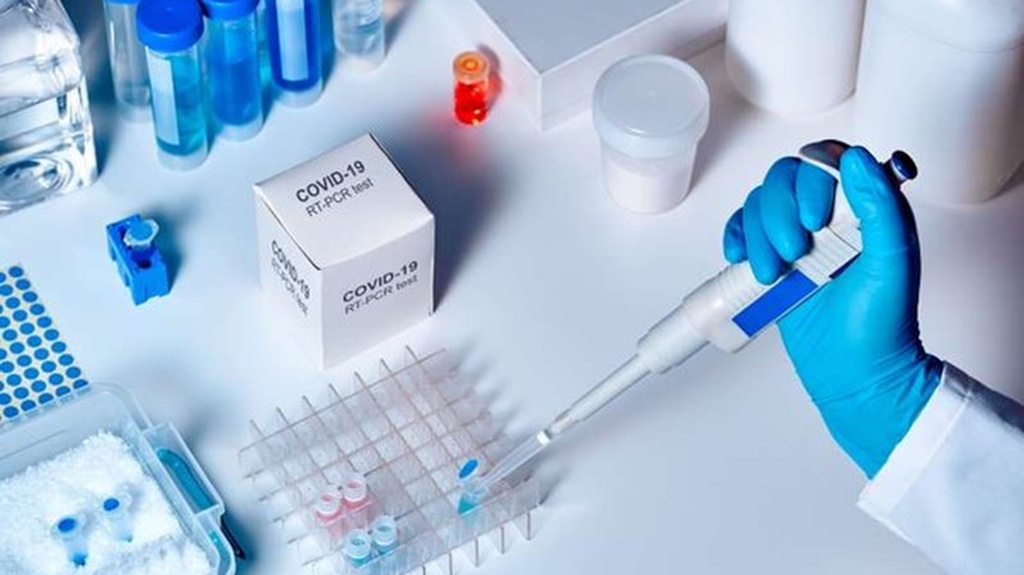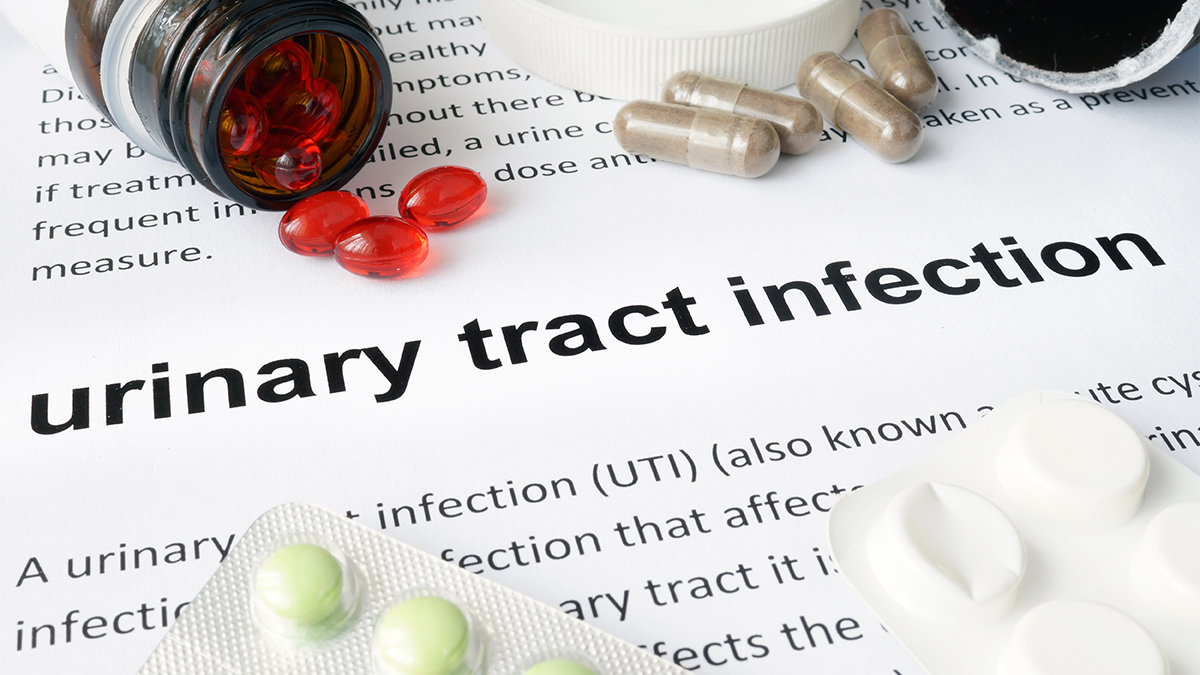Urinary tract infections (UTIs) are a common ailment that affects many individuals, with women and older adults being particularly vulnerable. In the United States alone, UTIs account for over 8 million doctor visits each year 1. While UTIs are typically not life-threatening, they can lead to serious complications if left untreated, resulting in significant healthcare costs.
The traditional method of diagnosing UTIs is through standard urine culture (SUC), which has long been considered the gold standard in healthcare [^5]. However, this method has several limitations, including a high number of false negatives, a bias towards growing certain types of bacteria, and a long turnaround time of up to 72 hours [^4]. To address these limitations, polymerase chain reaction (PCR) testing has emerged as a promising alternative for UTI diagnosis.
In this article, we will explore the benefits of PCR testing compared to SUC for diagnosing UTIs. We will delve into the technical advantages of PCR, discuss the challenges posed by SUC, and examine the implications of using PCR for UTI testing.
The Limitations of Standard Urine Culture
Standard urine culture has been widely used for UTI diagnosis, but it is not without its drawbacks. Dr. Becky Winslow, a Clinical Science Liaison at Acutis Diagnostics, highlights the challenges posed by SUC. She explains that SUC was not specifically designed to identify lower urinary tract microorganisms, despite its widespread use for this purpose 1. As a result, SUC can yield a high number of false negatives and may miss certain bacterial species.
Urine cultures have a bias towards growing E.coli, which can lead to the underrepresentation of other bacterial species. Slow-growing organisms, fastidious and nonaerobic organisms, as well as most gram-positive organisms, are often overlooked by SUC 1. This limitation can prevent patients from receiving appropriate treatment and may contribute to undiagnosed and misdiagnosed UTIs.
Moreover, previous exposure to antibiotics can affect the accuracy of SUC results, and polymicrobial infections can be misinterpreted as sample contaminations 1. The long turnaround time of SUC, taking up to 72 hours for results, further delays the diagnosis and treatment of UTIs 1. These limitations of SUC have significant implications for patient care and contribute to the growing problem of antimicrobial resistance.
The Advantages of PCR Testing
Polymerase chain reaction (PCR) testing offers several key advantages over SUC for UTI diagnosis. Unlike SUC, PCR does not rely on bacteria growth in culture to detect and identify infections, resulting in a faster turnaround time for results 1. This rapid processing time allows for a quicker decision regarding the prescription or deescalation of antimicrobial treatment, benefiting antimicrobial stewardship efforts.
Dr. Winslow presents a retrospective record review of 582 elderly patients with symptoms of lower UTIs, demonstrating the superior accuracy of PCR testing compared to SUC 1. PCR detected uropathogens in 56% of samples, while culture only identified them in 37% of samples. Furthermore, PCR detected polymicrobial infections in 12% of samples that yielded negative SUC results 1. These findings suggest that PCR may identify pathogens earlier than traditional culture methods, allowing for timely and appropriate treatment.
The Patient Journey and UTI Diagnosis

To understand the practical implications of PCR testing for UTI diagnosis, it is important to examine the patient journey. When a patient presents with signs and symptoms of a lower UTI, doctors typically perform a urinalysis (UA) in the office 1. Depending on the UA results, the sample is usually sent for SUC. However, if PCR testing is used instead, results are typically available sooner than with SUC, enabling a faster decision on treatment.
Dr. Mayil Shanmugam, a Senior Scientist at Acutis, provides an overview of the rigorous validation and regulatory process for PCR diagnostics 1. PCR tests undergo thorough validation for specificity, including assessments of inclusivity and exclusivity, as well as sensitivity, precision, accuracy, and stability. These stringent validations ensure the reliability and accuracy of PCR testing for UTI diagnosis.
The connection between UTI diagnostic stewardship and fighting antimicrobial resistance becomes evident when considering the impact of rapid diagnostic testing. By choosing a rapid diagnostic test like PCR, healthcare providers can ensure that the right result is reported, correctly interpreted, and matched with the appropriate antimicrobial treatment at the right time 1. This approach leads to better patient outcomes and supports efforts to combat antimicrobial resistance.
Conclusion

Polymerase chain reaction (PCR) testing offers significant advantages over standard urine culture (SUC) for diagnosing urinary tract infections (UTIs). While SUC has long been considered the gold standard, it has limitations such as a high number of false negatives, a bias towards specific bacterial species, and a long turnaround time. PCR testing addresses these limitations by providing faster results, detecting a wider range of bacterial species, and identifying polymicrobial infections.
The patient journey for UTI diagnosis can be improved with the use of PCR testing, as it allows for quicker decision-making regarding treatment. Additionally, PCR diagnostics undergo rigorous validation and regulatory processes to ensure their accuracy and reliability.
By embracing PCR testing for UTI diagnosis, healthcare providers can enhance patient care, promote antimicrobial stewardship, and combat the growing problem of antimicrobial resistance. With its technical advantages and potential to improve outcomes, PCR is challenging the gold standard and paving the way for more effective UTI testing.
For more information on PCR testing for UTI diagnosis and Thermo Fisher Scientific solutions in this field, please refer to the provided links.

